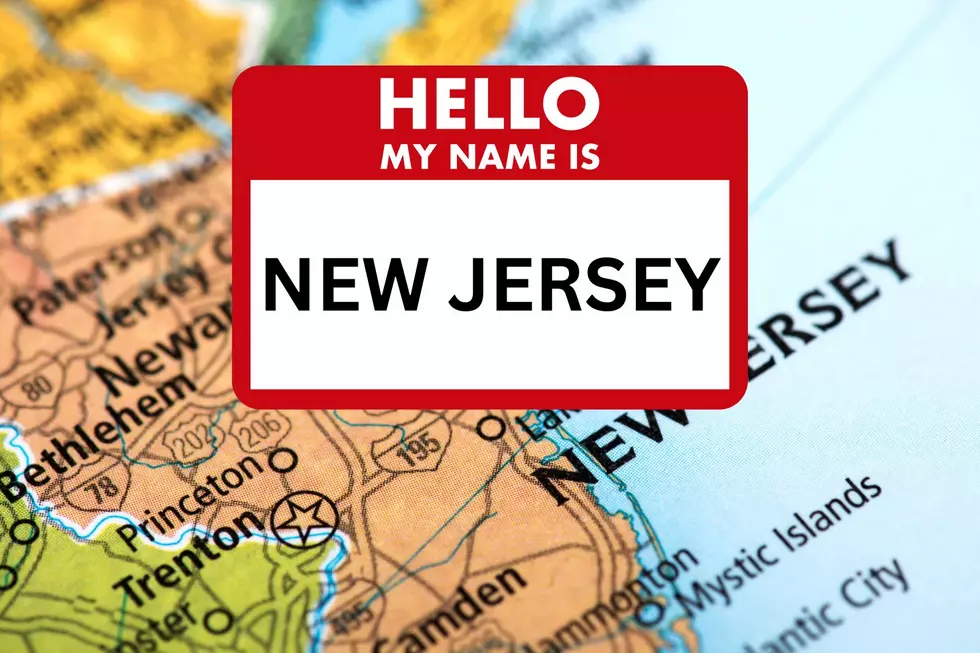
OB-GYN shortage looming in NJ: Who will deliver your baby?
Getting pregnant and delivering a healthy baby can certainly be challenging in New Jersey these days, in part because it’s becoming increasingly difficult to find OBGYN.
Right now in the Garden State, there is a shortage of OB-GYNs, but the problem could soon get a lot worse.
According to Dr. Donald Chervenak, the president-elect of the Medical Society of New Jersey and secretary of the Board of Directors of the New Jersey OBGYN Society, the number of doctors who deliver babies in the Garden State continues to shrink for multiple reasons.
👶 Lots of problems
“Reimbursements tend to be less in New Jersey, expenses tend to be higher in New Jersey and there’s a much more hostile medical-legal environment in this state than in many other states,” Chervenak said.
Doctors, like other people in different professions, look at expenses as a major factor when considering where they are going to live and practice.
“New Jersey is kind of an expensive state to live in. Reimbursements for practicing in New Jersey are less than in many of the other states," he said.
“There’s also a feeling of more medical-legal aggressiveness or hostility in New Jersey," Chervenak said.
As a result, OB-GYNs increasing are looking at different options.
He said that a report by American College of Obstetrics task force “shows by the year 2030 there will be a severe shortage of practicing OBGYNs, when you want to make an appointment the pool is getting smaller and smaller.”
Calling it quits
Chervenak said that because of the multiple obstacles facing OBGYNs, those already practicing in the Garden State are retiring earlier and earlier.
“In the past where doctors would retire at age 70 or 75, they’re leaving at age 65 or 60 or even 55.”
Chervenak said some OB-GYNs are changing over from total obstetrical care to gynecology care only, which is less stressful, especially when it comes to possible malpractice issues.
He said there are a lot of lawsuits filed in New Jersey over what he termed a “mal-occurrence” that are not the fault of the doctor who “acts in good faith and does a good job.”
“The system is set up to protect individuals, but why is it in New Jersey it’s so much to one extreme as opposed to other states, there has to be a compromise of sorts.”
David Matthau is a reporter for New Jersey 101.5. You can reach him at david.matthau@townsquaremedia.com
Click here to contact an editor about feedback or a correction for this story.



